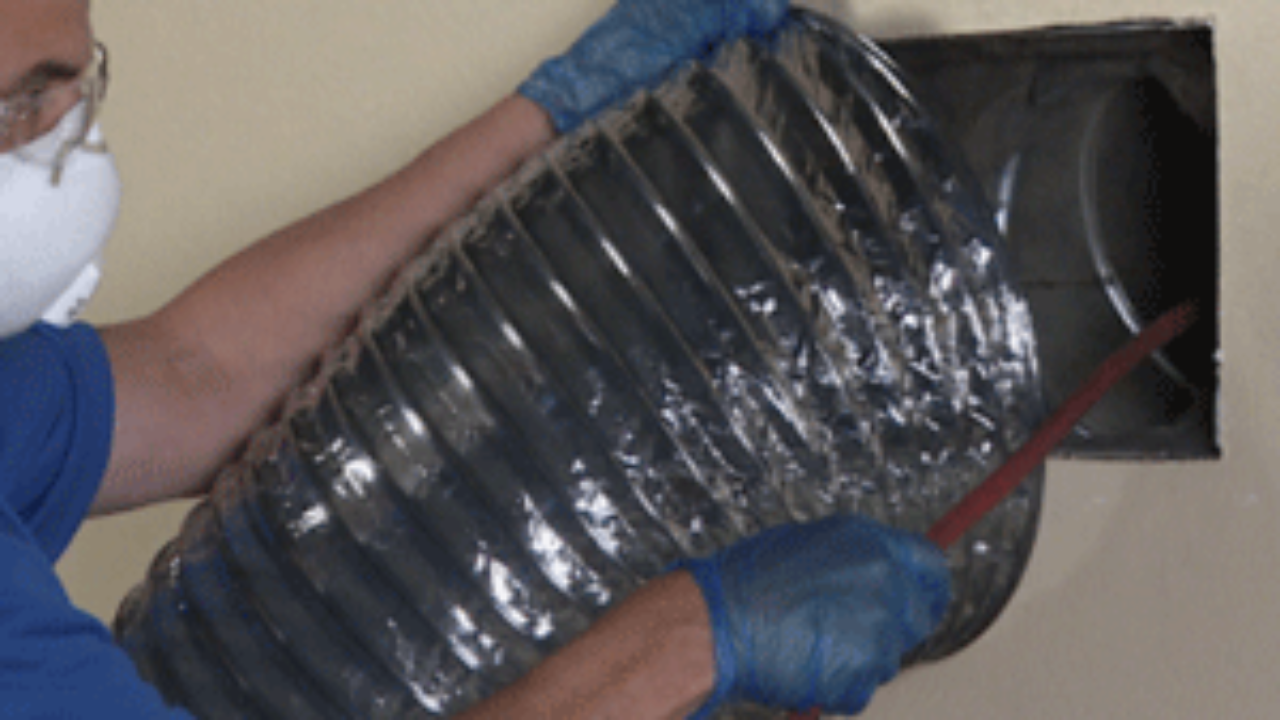The pharmaceutical industry heavily relies on cutting-edge technologies to ensure product quality and safety. One such technology is the HVAC system. But what is HVAC system in pharmaceutical industry and why is it so crucial? HVAC, which stands for Heating, Ventilation, and Air Conditioning, plays a vital role in controlling the environment within pharmaceutical facilities. It ensures that the conditions remain optimal for the production of medicines, preventing contamination and maintaining the integrity of products from production to distribution.

The Importance of HVAC Systems in Pharmaceuticals
Every step in pharmaceutical manufacturing requires a controlled environment to ensure quality and efficacy. This is where HVAC systems come into play. They help in maintaining the correct temperature, humidity, and air purity, which are critical in the manufacturing of pharmaceuticals.
Without a robust HVAC system, the production process could be compromised, potentially leading to harmful contamination of products. This is especially crucial in environments like cleanrooms, where air quality and cleanliness are paramount.
Components of an HVAC System in the Pharmaceutical Sector
An HVAC system is composed of various components, each with a specific role. These components must work harmoniously to ensure optimal performance.
Heating and Cooling Units
These units are responsible for maintaining the desired temperature within the facility. In some pharmaceutical processes, precise temperature control is essential to maintain the stability of the product.
Ventilation Systems
Ventilation is crucial for replacing stale air with fresh air and in removing contaminants. Proper ventilation reduces the risk of contamination, which is crucial in maintaining the integrity of pharmaceutical products.
Humidity Controls
Maintaining the correct humidity is essential in environments where moisture could affect the product’s quality and shelf-life. Too much humidity can cause condensation on surfaces, while too little can lead to static electricity and product instability.
How Does an HVAC System Ensure Compliance?
HVAC systems are vital in ensuring that pharmaceutical companies meet international regulatory requirements. Organizations such as the FDA and WHO have stringent guidelines that mandate the conditions under which pharmaceuticals must be manufactured.
With an effective HVAC system, companies can ensure that their facilities comply with these regulations, thereby avoiding penalties and maintaining their reputation in the industry.
GMP and HVAC Systems
Good Manufacturing Practice (GMP) guidelines require pharmaceutical companies to maintain a clean and controlled environment. HVAC systems are an essential part of ensuring compliance with these guidelines, by controlling particles, temperature, and humidity levels.
Future Trends in HVAC Systems for Pharmacy
The future of HVAC systems looks promising, with advancements in technology leading to more efficient and sustainable solutions.
As pharmaceutical companies strive for more eco-friendly processes, the demand for energy-efficient HVAC systems will continue to grow.
Smart HVAC Systems
With the rise of IoT, HVAC systems are becoming smarter and more efficient, allowing for real-time monitoring and control of environmental conditions. This can lead to reduced energy consumption, lower operational costs, and a reduced carbon footprint.
Renewable Energy Integration
The integration of renewable energy sources, such as solar and wind, into HVAC systems is another trend poised to take off. This reduces reliance on traditional energy sources and helps in meeting environmental sustainability goals.
Challenges Facing HVAC Systems in Pharmaceuticals
Despite advancements, there are still challenges that need to be addressed.
Cost of Implementation
The high cost of installing and maintaining advanced HVAC systems can be a barrier for some pharmaceutical companies. However, investing in high-quality systems can lead to long-term savings and enhance product quality.
Maintenance and Quality Assurance
Regular maintenance is essential to ensure optimal performance of HVAC systems. Failure to do so can lead to system failures, compromising the quality of products.
Conclusion
In conclusion, the HVAC system in the pharmaceutical industry is an indispensable component that ensures the integrity and quality of products.
From maintaining ideal environmental conditions to complying with stringent regulations, HVAC systems are pivotal to the success of pharmaceutical manufacturing. As technology advances, the industry can expect even more efficient and sustainable solutions to emerge.

Frequently Asked Questions
What are the key functions of HVAC systems in pharmaceuticals?
The key functions include environmental control, compliance with regulations, and the prevention of contamination.
How does HVAC ensure product quality?
By maintaining optimal air quality, temperature, and humidity, HVAC systems help ensure the stability and integrity of pharmaceutical products.
Are modern HVAC systems energy-efficient?
Yes, modern systems are increasingly energy-efficient, often incorporating smart technology and renewable energy sources.
This article contains affiliate links. We may earn a commission at no extra cost to you.






